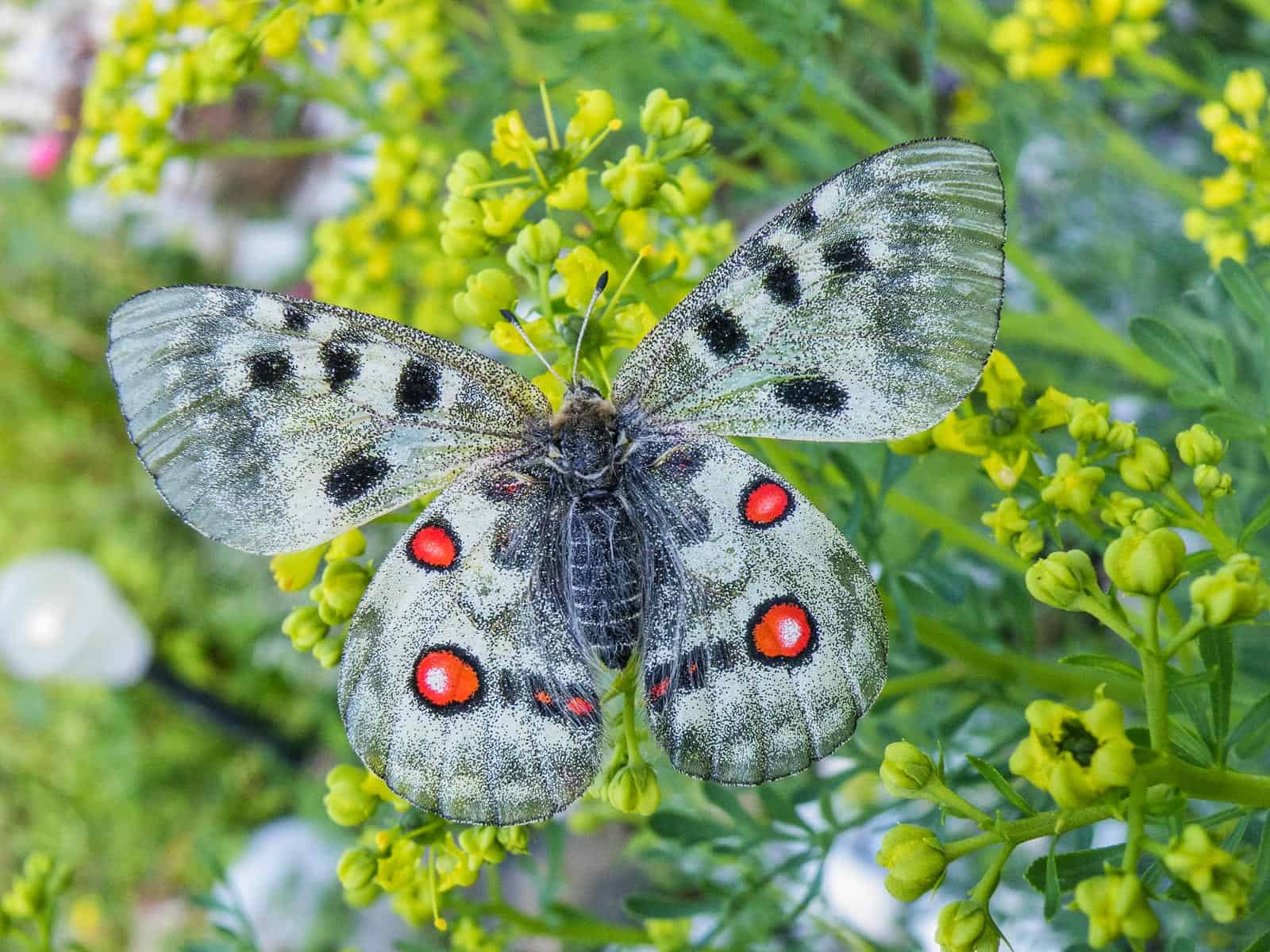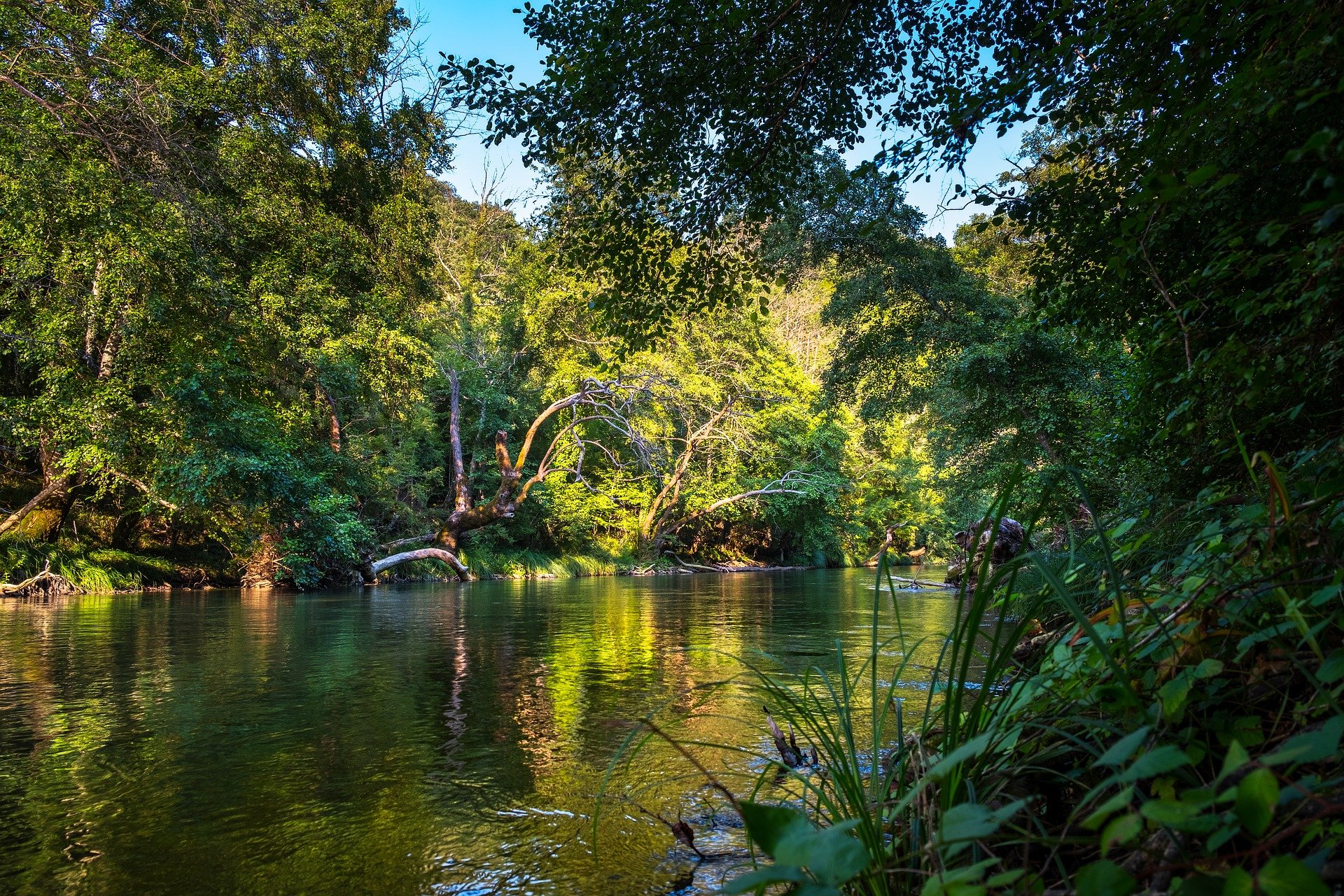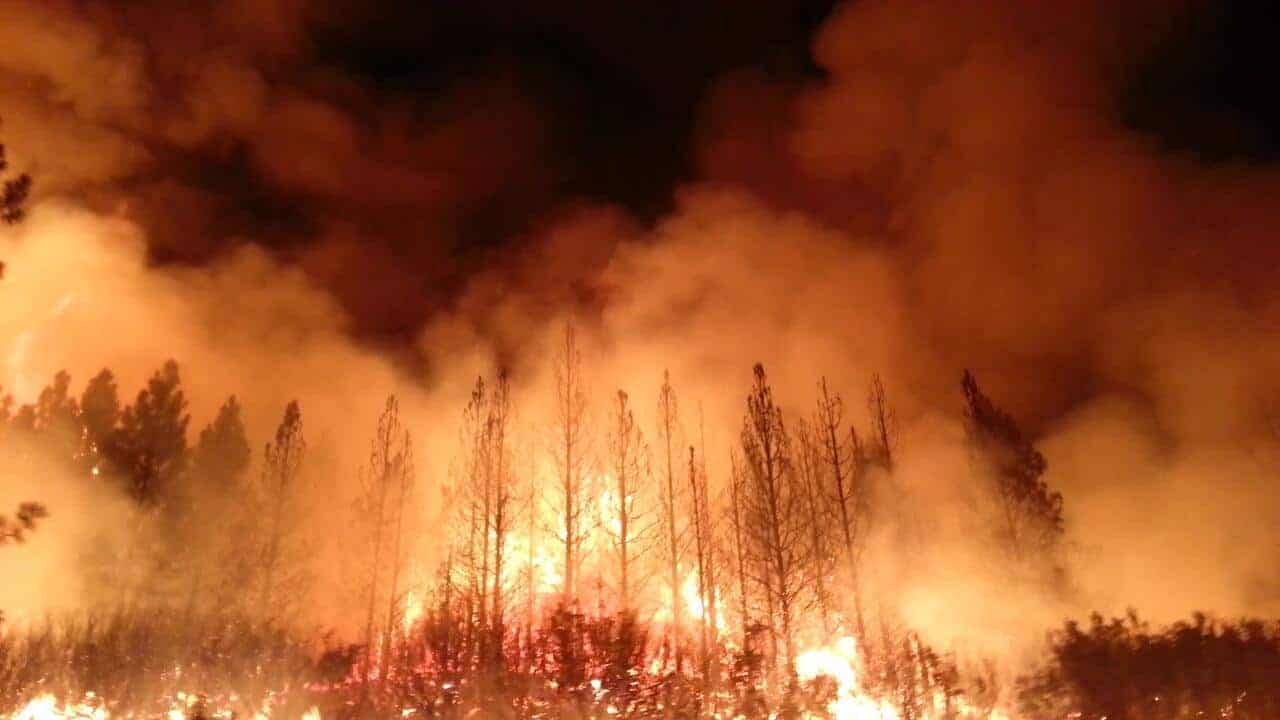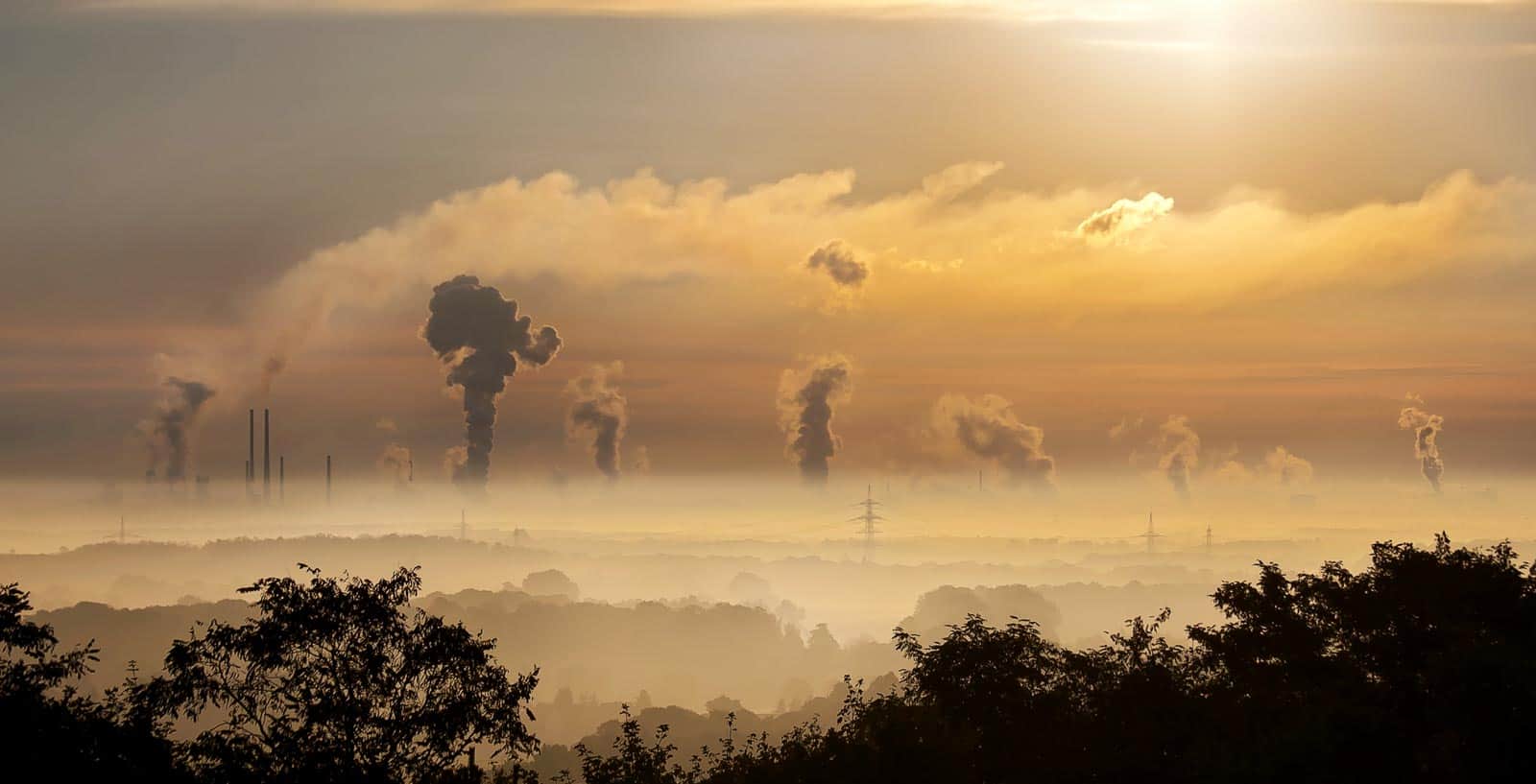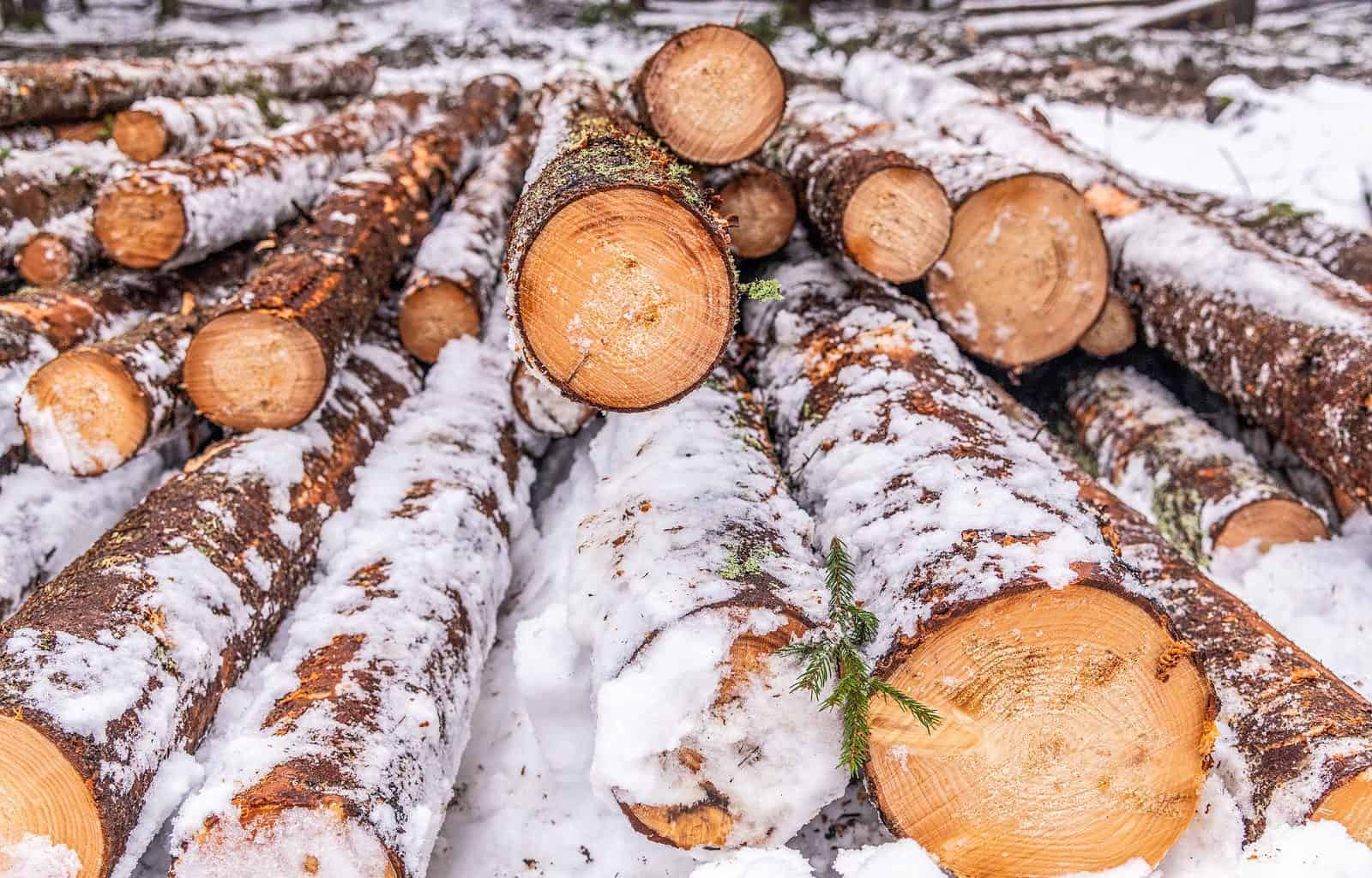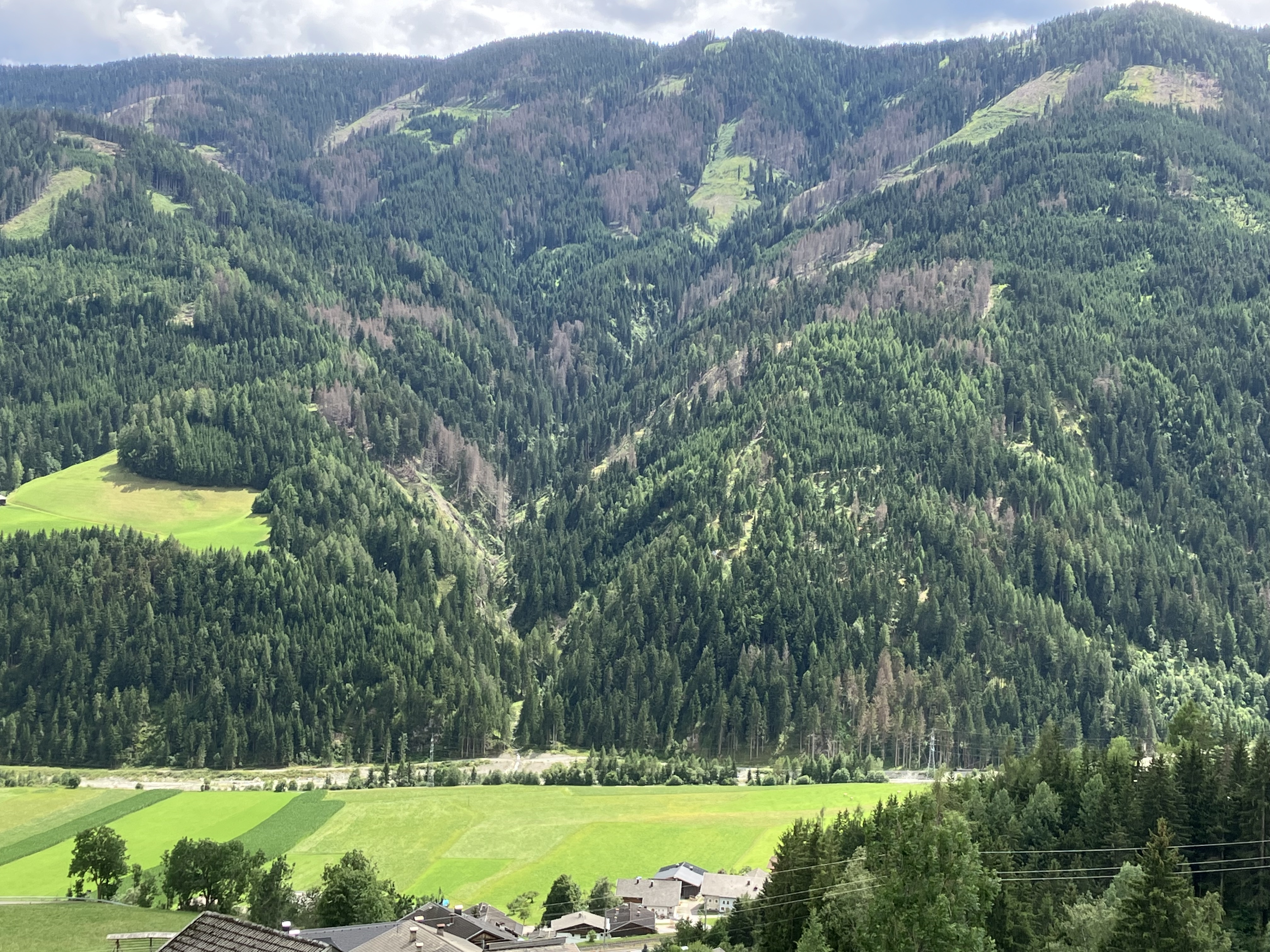New IPCC report: limited time to change course
The latest report of the UN Climate Change Board was published recently. This is relevant not only despite, but precisely because of the war in Ukraine. War and climate crisis reinforce each other – the reasons are the same: Fossil profits are more important to governments than human lives.
The causes of the war and the climate crisis are the same. All the money for this war comes from fossil oil and gas. The more we consume, the more we encourage war.
The Intergovernmental Panel on Climate Change (IPCC) is made up of the world’s leading climate scientists, and thousands of scientists working on it, intended to inform government policymaking. This report is the sixth in line since the IPCC was founded in 1988 and the second part from the current one.
Uncomfortable prospects
What does this second part of the report deal with? It assesses the effects of climate change, such as extreme weather, droughts, floods and temperature rises, and how humanity can adapt to these. In any case, it is not a pleasant story to read before going to sleep:
- 3.5 billion people will be highly vulnerable to climate impacts and half the world’s population will suffer severe water shortages at some point each year. One in three people will be exposed to deadly heat stress, and this is projected to increase to 50% to 75% by the end of the century.
- Half a million more people will be at risk of serious flooding every year, and a billion living on coasts will be exposed by 2050. Rising temperatures and rainfall will increase the spread of diseases in people, such as dengue fever, and in crops, livestock and wildlife.
- Even if the world keeps heating below 1.6°C by 2100 – and we are already at 1.1°C – then 8% of today’s farmland will become climatically unsuitable, which means that millions are going to starve by 2050.
Protection of wildlife is fundamental
The protection of wilderness and wildlife is fundamental to cope with the climate crisis. The production of food relies on water, soils and pollination provided by a healthy nature. According to the IPCC report, the conservation of 30-50% of Earth´s land, freshwater and oceans are needed to ensure that. But today, less than 15% of land, only 21% of freshwater and 8% of oceans are protected areas. Half of the studies´ species have already been forced to migrate because of climate change, many already facing extinction.
Role of governments
This second part of the report is likely to be the most politically sensitive, because it deals with the probable real world impact of the climate crisis. One of the most controversial issues is over how the world adapts to the climate crisis and the question of “loss and damage”. This is referring to the worst impacts of the crisis, which cannot be adapted to – such as villages being swept away by hurricanes, or land lost to rising seas.
At the COP26 climate summit in Glasgow last year, many countries were disappointed that rich nations failed to agree a programme to issue funding to poor countries for the loss and damage they sustain.
We need to act NOW!
The most important issue will be what the report says about adaptation and the global need to adapt to extreme weather that, as the first IPCC working group found in August 2021, is becoming inevitable. This will be set out in the third part, to be published in April. It will be about dealing with the crisis, such as investing in renewable energy and novel technologies such as carbon capture. In October, a summary of all three parts will draw together the lessons for policymakers before the COP27 summit.
The changes in the climate we are seeing today are affecting us much sooner and are greater than we originally thought. The impacts on our daily lives will be increasingly severe and stark. We will be doing ourselves and our populations a huge disservice if we fail to prepare now, based on the very clear science before us. Countries need to take action now.


